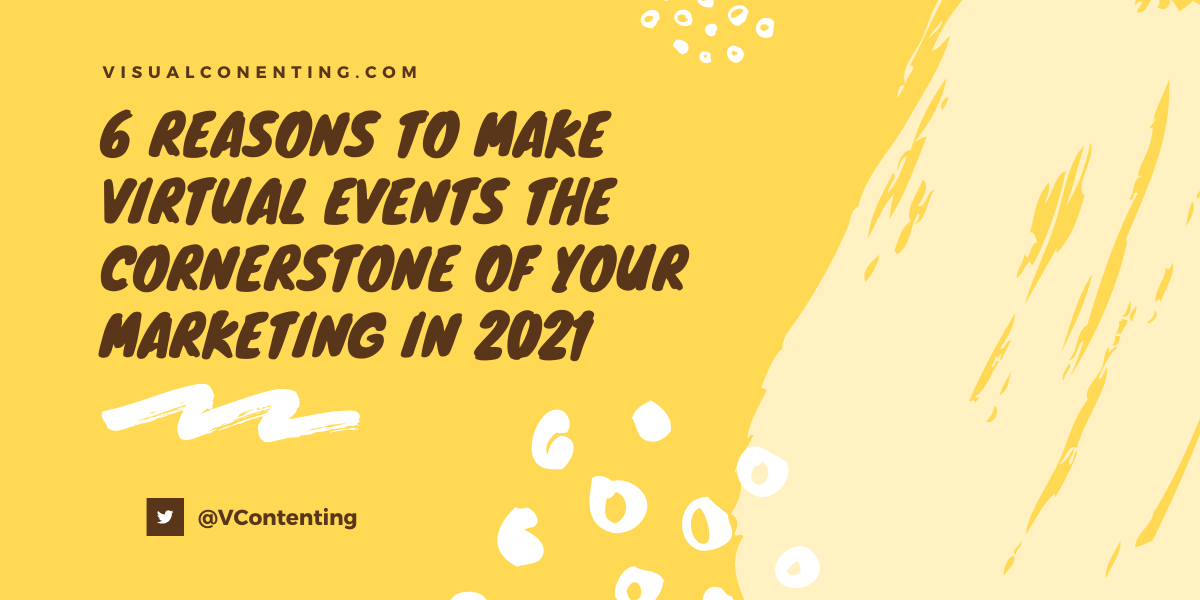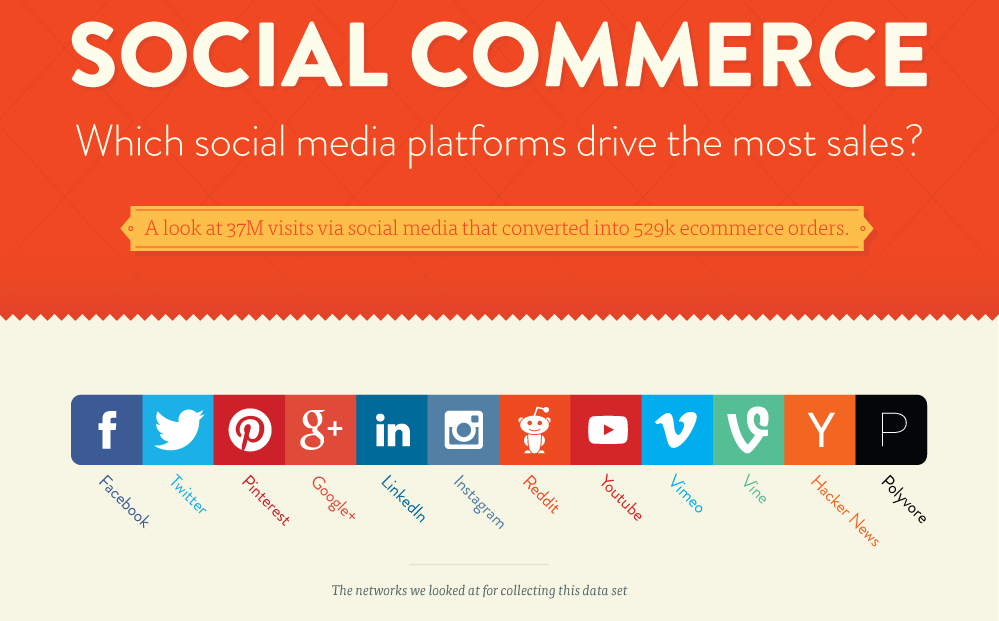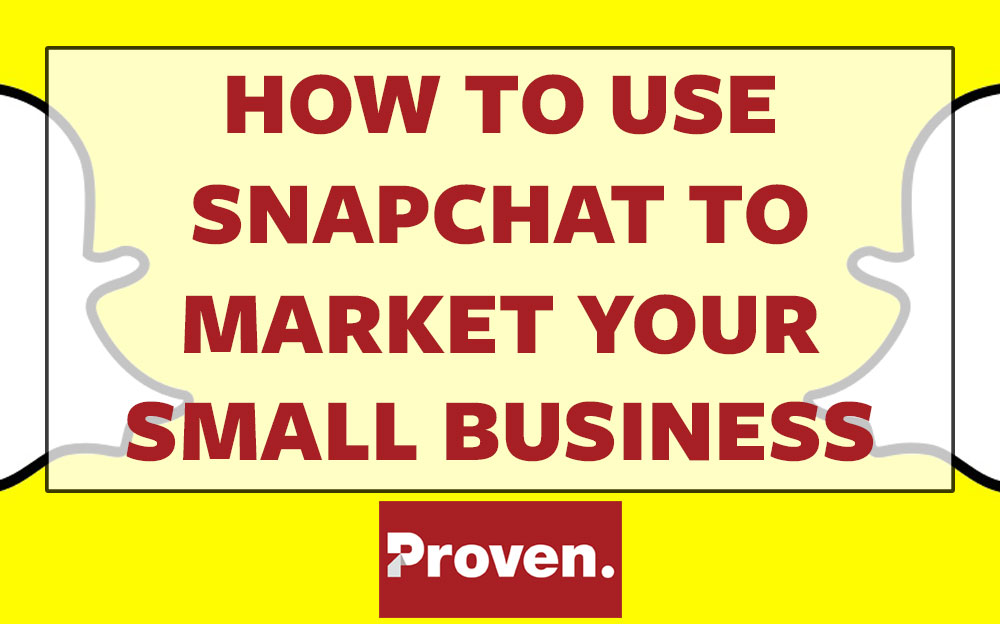One of the great things about the internet is how it facilitates virtual events. People can gather and share perspectives whether they live across town from each other or in other countries.
These experiences came to the forefront in 2020, but you should strongly consider focusing on them during your 2021 plans, too. Here are six compelling reasons why.
1. COVID-19’s Impact Will Continue Into 2021
News of vaccines on the way gave people hope of returning to a way of life similar to what they knew before the COVID-19 pandemic. Such scientific achievements are undoubtedly impressive, but experts caution that available vaccines will not provide an immediate return to normalcy.
First, states and nations each have different priority groups that will receive the vaccine first. People in some places may not get vaccinated until the latter half of 2021 or even after that. It all depends on where they live and other individual circumstances.
Moreover, people will still need to keep social distance and wear masks until researchers know more about how the vaccines work. For example, evidence shows that the first vaccines should stop people from displaying symptoms. Researchers don’t yet know how the doses affect transmission. A vaccinated person could contract the virus and spread it without showing signs of illness.
Public health officials broadly determined through experience that lockdowns and closures seem to be the most viable ways to control the virus until widespread vaccinations occur. Thus, COVID-19 could still impact plans for physical events until at least well into 2021. Virtual events can happen safely, even if lockdowns threaten the activities of daily life.
Recommended: 7 Ways COVID-19 Permanently Changed the Marketing Industry
2. Opportunities Arise for More Varied Perspectives
Virtual events also make sense from a marketing point of view because they facilitate bringing people from all over the world in one place. Physical events allow that too, but the process for making it happen is not as straightforward.
For example, both attendees and speakers may need to apply for and receive visas before going to conferences in other countries. Moreover, some people that would love to travel to gatherings find they cannot because the trip would prove too expensive.
Virtual conferences only require reliable internet access. Many people have that benefit all the time, and those who don’t can likely find a stable connection before an event kicks off. You could easily have people tuning in from most continents of the world without leaving their homes.
In such cases, people can engage with others that they may never have crossed paths with in real life. Additionally, some virtual events have prerecorded elements that make it easier for presenters and panelists to interact with the audience.
An annual music industry event held in Dublin, Ireland, every October happened virtually this year. The showcasing musicians performed sets in advance for a small camera crew and talked to the audience in real-time as the performance footage played. This arrangement led to disclosures that music lovers would not otherwise get, such as an artist confessing to feeling extremely nervous before taking the stage. Plus, showcase attendees encouraged and directly questioned the performers through a chat interface.
3. Organizers Think More Events Will Have Virtual Components
Many event professionals believe gatherings will continue featuring some virtual aspects, even once the COVID-19 crisis passes. Implementing these events into your 2021 marketing plans will ensure you are in an excellent position to capitalize on all the possibilities these conferences offer.
Paddy Cosgrove is the founder of Collision From Home, a virtual event that 32,000 people from 140 countries accessed through a customized online platform. He thinks hybrid events are the future of gatherings. Collision From Home offered networking components through one-on-one video chats, as well as virtual breakout sessions that let several participants give their thoughts on a themed topic.
Another benefit of virtual events is that they can help people describe specifics about their situations. Consider the possibility of a virtual massage therapy conference offering a workshop for people who want to run their businesses from home. Since people are probably in their abodes while attending, they could use their cameras to show other attendees their proposed workspaces.
We may never return to fully in-person events. If we do, people have nevertheless experienced the perks of attending conferences from wherever they are, and many will not want that option to disappear.
4. Virtual Events Give You Comparable or Better Attendance
Planning a virtual event does not mean you should anticipate a smaller audience. One study found that 52% had the same or better attendance than in-person gatherings.
It’s easy to envision the likely reasons why. Virtual events cut out many of the hassles that people can experience when going to in-person ones. For example, they don’t need to take the time to find hotels that are close enough to the venue. Also, perhaps obligations at home make it more difficult to plan trips away.
If a person wants to go to a physical event happening across the nation or in another country, they likely need to take more time off from work than going to one closer to home. The time-off requirements may be less extensive for a virtual event because there’s no need to consider travel time.
You may find that virtual events generate more last-minute signups, too. People can more readily fit them into a busy schedule. It’s easier to spontaneously decide they’ll go to something that only requires a stable internet connection. Attendees still need to come to these conferences with the right mindset, of course, so they’re ready to learn and absorb everything offered.
5. Online Gatherings Can Be More Inclusive
Anyone who has ever been to a conference spread across multiple venues at a huge site knows how tiring it can be to walk to all the happenings and ensure they get to the right locations on time. Tahira Endean, author and head of events at the Society of Incentive Travel Excellence, recently brought up how traditional gatherings could pose difficulties for differently-abled people.
She pointed out, “The majority of live events are designed for the able-bodied, ambulatory participant who can see and hear without aid. This potentially leaves behind many high contributors who may face any of these real-life challenges. Attending virtually allows them to participate from their own location and, depending on how you deliver a virtual or hybrid event, enables them to learn, connect, participate and interact.”
Moreover, if a person has social anxiety, the mere idea of being in a packed conference hall could make them feel uneasy. Virtual events break down the barriers that may otherwise cause people to avoid physical events.
Plus, consider the example of a new parent who’d planned to go to an in-person gathering, but couldn’t because their child arrived six weeks earlier than expected. Virtual events would allow that person to participate, even if they took brief breaks for necessities like breastfeeding and diaper changes. People caring for newborns often see conference attendance as out of the question until the infant gets older. However, they may consider signing up when the event occurs virtually.
6. A Virtual Event Could Provide Additional Revenue Streams
Scheduling which events to see on particular days can quickly get complicated — especially if a person notices there are several things on their “must-see” list happening at once. In that case, they have to choose which one is most important.
However, since organizers often record and archive content, people could have the option to see the recorded material later. If so, attendees wouldn’t miss anything.
The Philadelphia Folk Festival took that approach in 2020 when it happened virtually for the first time. The planners gave ticket purchasers access to all the content for several days after the festival ended. However, people could also pay more for extended access to the archives of the two stages where the most in-demand, well-known acts played.
Consider how you might gain more revenue from a virtual festival by doing something similar. For example, you might have $50 tickets that only give access to stuff happening in the moment. There could also be a $75 tier that lets people enjoy archived content for a year.
Virtual Events Make Sense in 2021
Whether you have already held a virtual event or just think you likely will in 2021, these six reasons highlight why such gatherings help you capitalize on new opportunities.
After benefiting from those, you may decide there’s no reason to return to conventional events, or at least invest in them to the same level you once did.
Devin Partida writes about topics concerning tech and the internet. She is also the Editor-in-Chief of ReHack.com.



